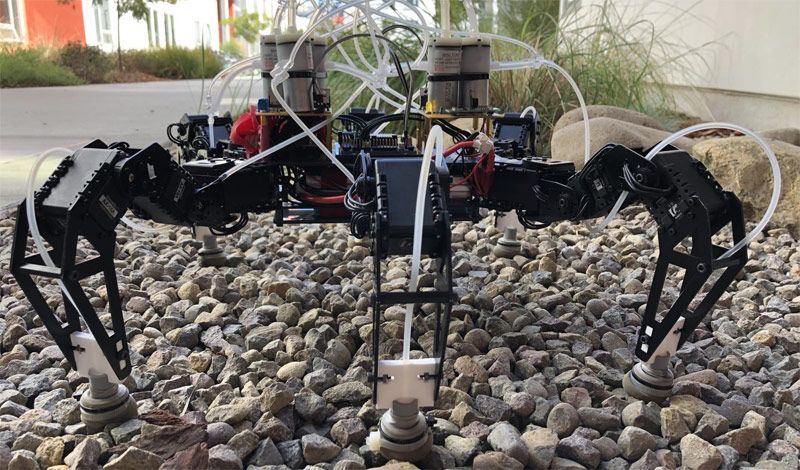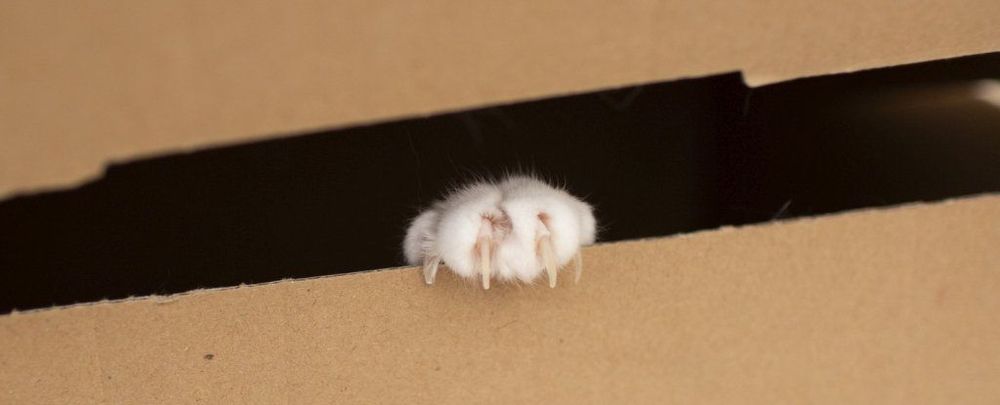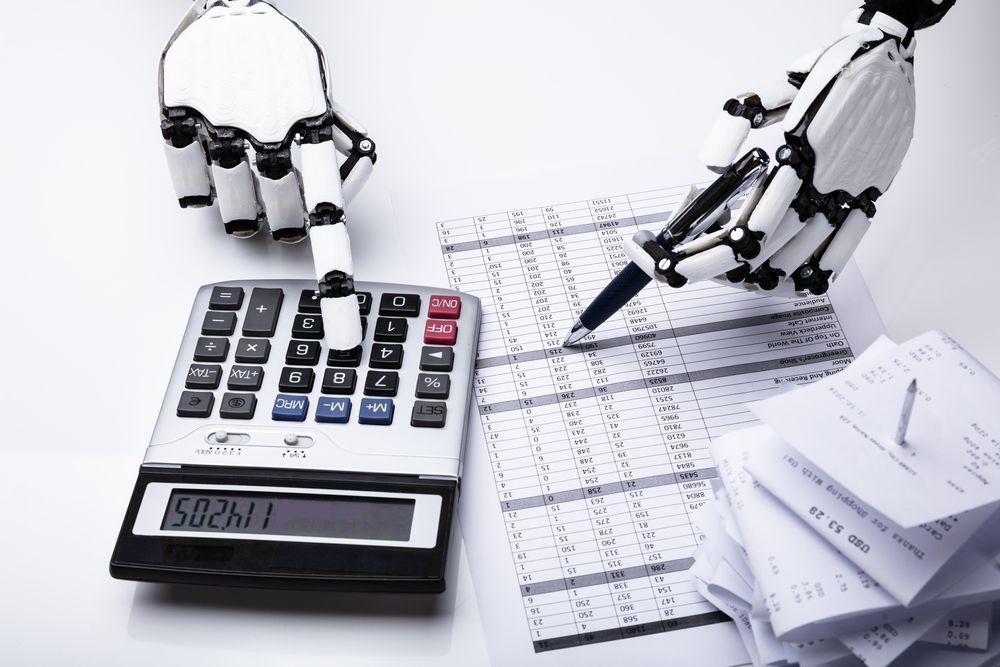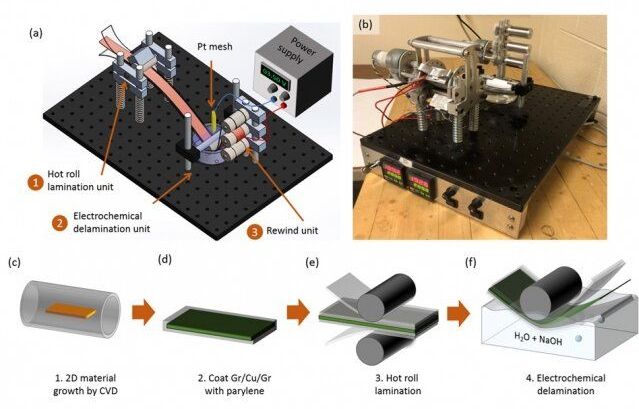Researchers from the University of California San Diego (UCSD) have developed flexible feet that can help robots walk up to 40% faster on uneven terrain such as pebbles and wood chips. The work has applications for search-and-rescue missions, as well as space exploration.
“Robots need to be able to walk fast and efficiently on natural, uneven terrain, so they can go everywhere humans can, but maybe shouldn’t,” said Emily Lathrop, the study’s first author and a PhD student in the Jacobs School of Engineering at UCSD.
The researchers are presenting their breakthrough at the RoboSoft conference, taking place virtually from now until 15th July.







